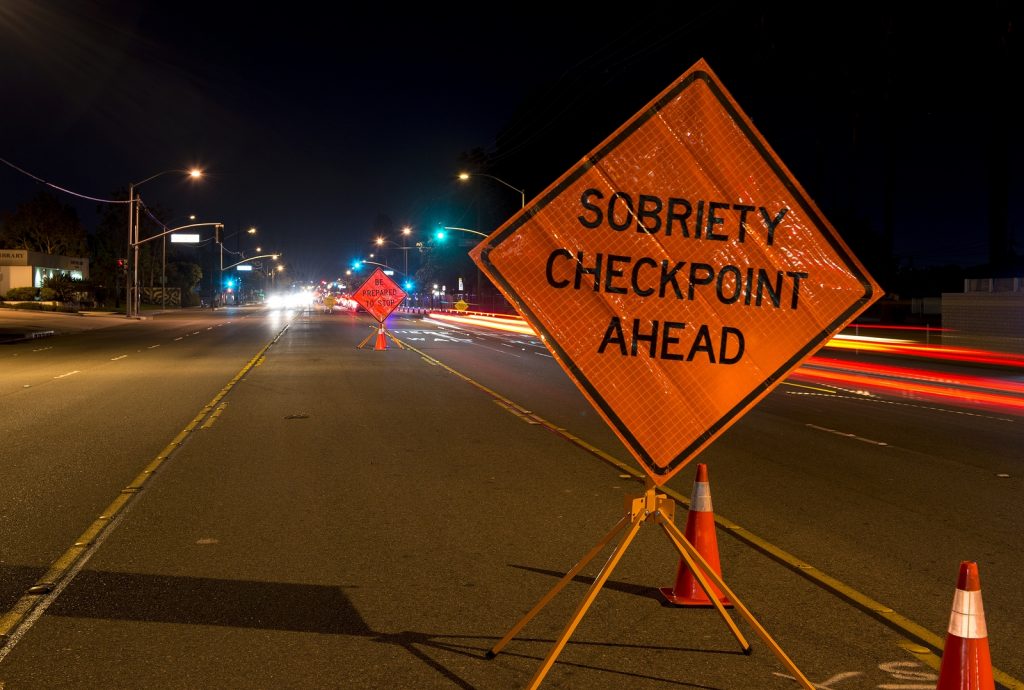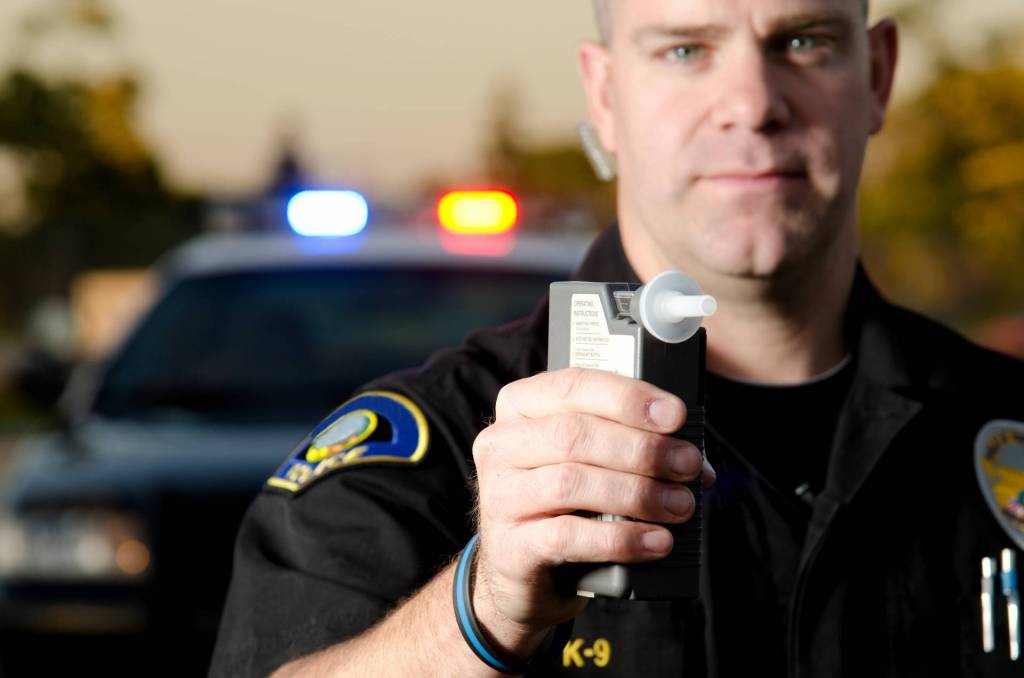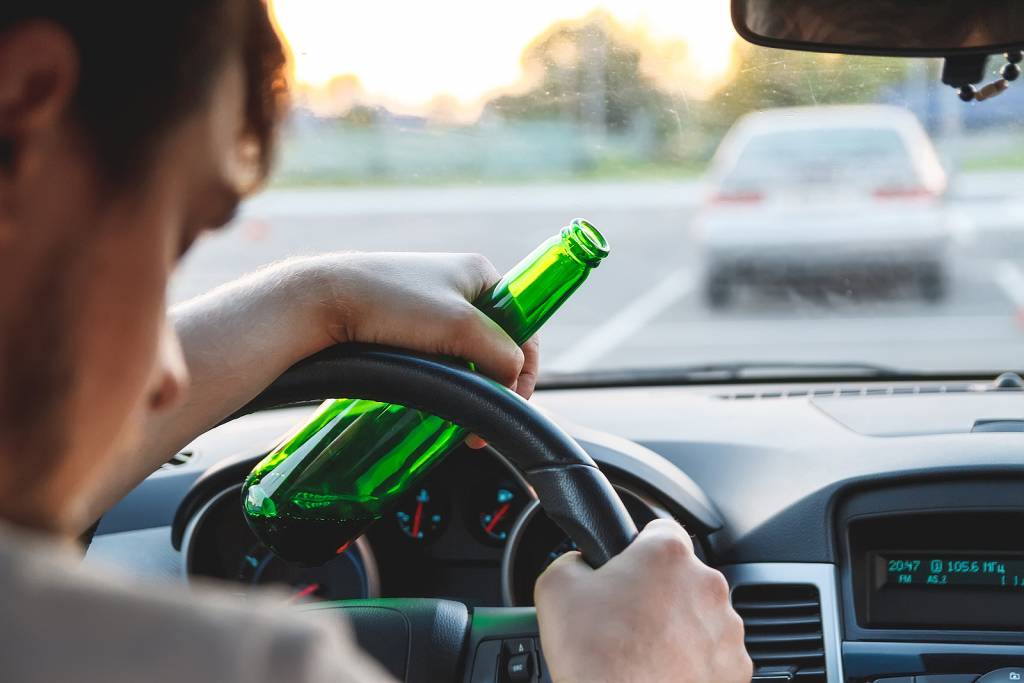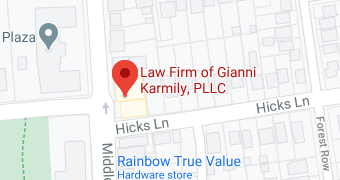If you are charged with Driving While Intoxicated in New York, it’s important to remember that you still have legal rights. It is not impossible to defend yourself against a charge like this, even more so with the help of an experienced criminal defense attorney. Your first course of action after getting a Driving While Intoxicated charge should be to schedule a consultation with a criminal defense attorney.
If it is your third offense for a Driving Under The Influence charge, this is considered a felony in many states. The penalties that accompany a third DUI charge are severe, and cost an individual much of their personal, and professional life. Don’t hesitate in getting help for a charge like this. If you have been arrested for a third DUI offense, remember that your charges can get dismissed or reduced if you have the right lawyer on your side.
Since it is considered a felony, anyone who is arrested in charge for a third driving under the influence offense will likely be sentenced to an incarceration term of at least two years. A lawyer can try to fight this, but Nassau County, Long Island is notoriously tough on this type of crime. Additionally, you will most likely be required by the state to attend an alcohol abuse related rehabilitation program. Some people are even required to do community service or perform some kind of volunteer work.
Can I Get A Third Driving While Intoxicated Charge Thrown Out Or Reduced?
If you have been charged for Driving While Intoxicated for a third time, you need to contact a lawyer immediately. With this level of charge, you will be facing serious penalties. It is not impossible to defend someone against his crime, but you will need to work expeditiously and will need strong representation. The right lawyer may be able to have your jail sentence reduced. It’s also possible to get these charges thrown out entirely or reduced if there is enough evidence to challenge the state’s case.
Will I Lose My License If I Get a Third DWI?
The time between your first, second, and third offense as well determine the penalties you will face. But it’s highly likely that you will lose your license after getting a third DWI. You may lose your license for 10 years or more, even permanently, in addition to facing a prison sentence and very high monetary fines.
In addition to losing your license with a third DWI, there are many other penalties that you may face. If you are able to find an insurance company who will still offer you car insurance, you will have a very high increase in your car insurance premium. You could even lose your job, or face serious career issues if you’re no longer able to drive to a workplace. If you are an immigrant, you may find that your immigrant status is threatened or endangered due to driving under the influence.
Three time offenders in New York State are required to install an ignition interlock device to their car as well, ensuring that they are not operating their vehicle under the influence.
What Is An Ignition Interlock Device?
An ignition interlock device is an in-car breathalyzer system to prevent the driver from operating a vehicle, or even starting the engine, until their breath is analyzed for trace amounts of alcohol.
After getting a third DWI charge in New York, many offenders are required to install an ignition interlock device in their car. The cost of installing these devices is not covered by the state and you will be required to pay it out of pocket.
How Does A Lawyer Fight A Third DWI Charge In New York?
If you are charged for Driving While Intoxicated, your lawyer can fight for the justice you deserve. In some cases, there are flaws or inconsistencies in the state’s case against you; a lawyer can find it, use it to your defense, and therefore bring your case to the most adoptable outcome.
As your Nassau County, Long island criminal defense attorney, Gianni Karmily can review the prosecution’s evidence and find the best way to cast out on the prosecution‘s case against you. It’s possible to take evidence and information from your arrest and quantify it in court. For example, breathalyzer and blood test results may be disputed in court, or even the arresting police officer’s testimony. You can even challenge a police report in court.









